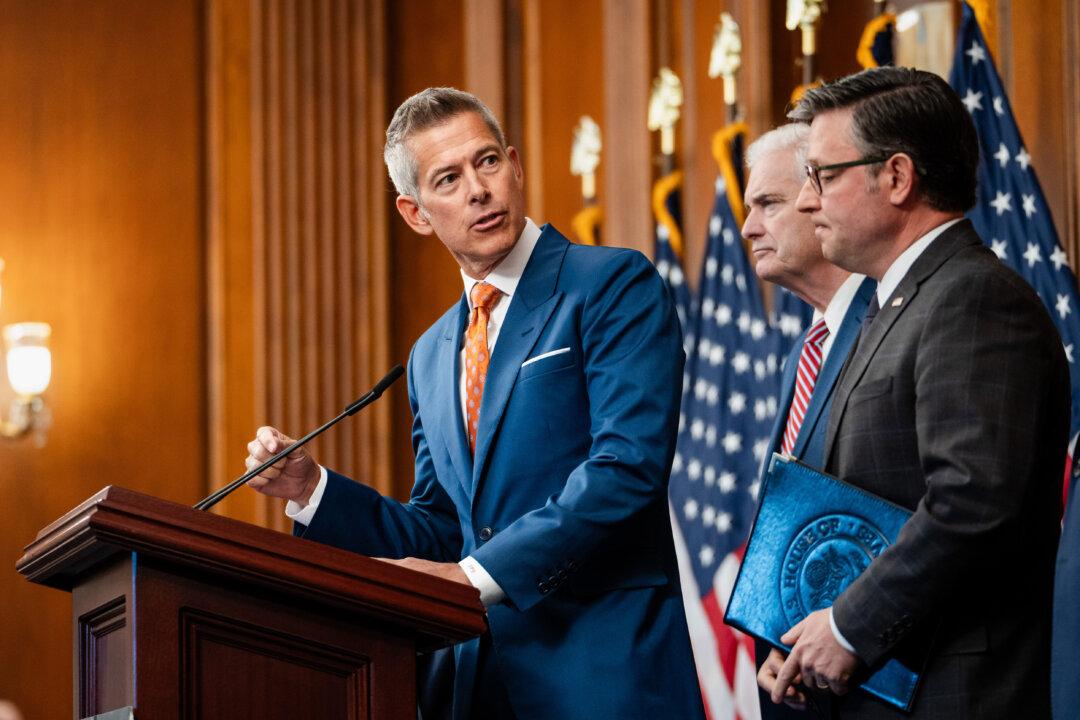Multiple aviation groups have asked the U.S. government not to allow more flights between the United States and China until steps are taken to protect U.S. airlines and workers from Chinese carriers’ anticompetitive practices.
After the COVID-19 outbreak, the Chinese regime “unilaterally suspended the bilateral air services agreement with the U.S. and effectively closed the market to U.S. carriers,” an April 11 letter from the aviation associations reads. The regime also implemented strict limits on market access, imposing “challenging rules” that ended up affecting airline operations, customer service, and how the airline crew were treated. “These actions demonstrated the clear need for the U.S. government to establish a policy that protects U.S. aviation workers, industry, and air travelers.”





